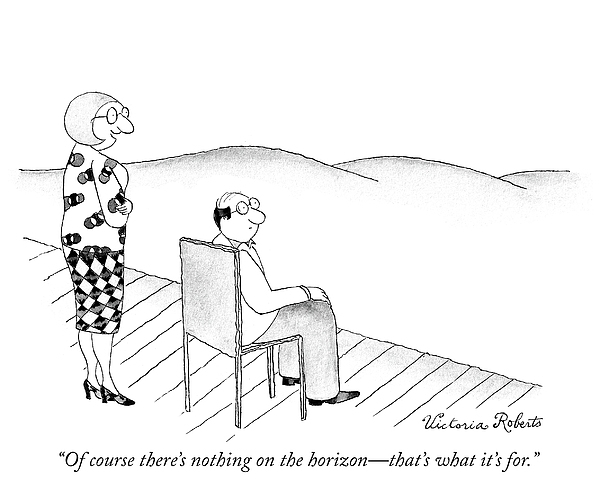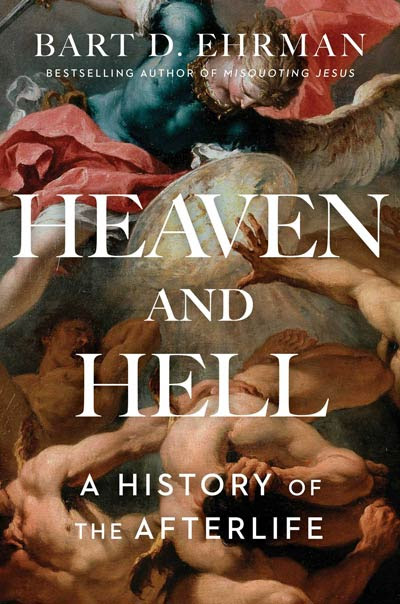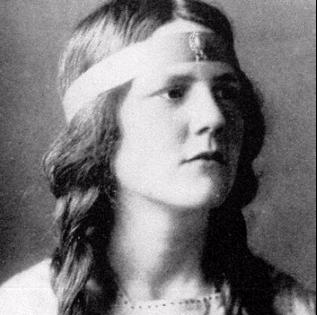The main book I used to make this is "Nietzsche: A Very Short Introduction". I had seen ideas of Nietzsche before but never really asked the question of what he stood for which is why I choose him as my presentation. I enjoyed the Atheism book we began with in class and thought the author would be good to read for a second book. I was disappointed when I realized it is a separate author and not AS well written but it was still helpful in learning who Nietzsche was. I do not have a camera or a good mic at my house so this will simply be a written report.
Nietzsche was a discarded philosopher
during his life, and he disliked almost every part of contemporary life as a
pessimist. He didn’t begin to pick up notice until his late years where he
declined rapidly in mental health. His writing style consisted of jotting down his
half-baked ideas so he could reflect and return to them later-he dealt with his
problems by writing them- so much of his work is a work in progress with notes
that are left unworked out. He began his career amongst the musical heritage of
Germany, which he believed gave Germans a sensitivity to truth and value the
other nations lacked. He was particularly interested in the amount of ecstasy
music can induce in a group of people.
He had an interesting view on the
world and believed in an “Eternal Recurrence” where the number of atoms in the universe was a set and that at some point in their existence they had to reach
a configuration that they had occupied beforehand. This reoccurring configuration
results in the history of the universe repeating itself.
Here is an excerpt from "Nietzsche Wept" on Eternal Recurrence- it wasn't a great movie.
He
valued the different points of view on any subject and thought that we all
should endeavor to take up as many of them as possible in order to grasp the
full reality of anything. Reality itself to him was only justified in the field
of aesthetics which all beings take part in- an aesthetic of life so to say. He
believed our actions in this world were our only purpose, and whether they were
pleasing to the collective reality is all that mattered. However, even ‘ugly’ aesthetics
were to be embraced and accepted because there is no waste in our lives. This
comes with the idea of Eternal Recurrence, believing that if we desire for
anything that has occurred in our lives to occur again, then we accept any
suffering and pain that has come before it because without the undesirable experience
there could be no occurrence of the current desirable experience.
Those who try to eliminate pain in
the world are taking natural matters into their own hands and could be unconsciously
doing more damage than good, as the person in pain might need that pain to grow
or there is a greater reward at the end of the pain; suffering is explained as
a vehicle for the most aesthetic outcome. In general, to Nietzsche, there is no
greatness in an individual unless they have a readiness to endure and
manipulate pain, and goodness in an individual is the effort towards
eliminating pain. Pain itself is not a negative thing, but just a thing,
something with a greater purpose. The primordial force in life, the ‘primal one’,
itself is a mixture of pain and pleasure, with pain dominating over pleasure.
As such the best type of person is one who can carry off anything, or at least endure,
even experiences that are embarrassing/humiliating.
Have you ever said yes to a single joy? Then you have said yes to all woes in life since the causal state is that in order for something to come around, reality must be in the state it is currently in. - Zarathustra (Nietzsche’s fictional prophet)
Nietzsche was at odds with
Christianity, believing that it was the most elaborate moral theme in humanity,
which tried to take the suffering in the history of humanity and salvage it by
presenting a divine plan to the present and rewards for later. Religion imparts
value in life in relation to a separate world, though his belief is that value
is given to reality through meaningless repetition (Eternal Recurrence). He did
not like religion but didn’t necessarily oppose it either. He respected the
society it had created in a moral sense and feared what would become of the
world once society had realized that God was non-existent; that humanity would
fall into a state where values no longer influenced them. Christianity’s
morality is divinely given because man cannot know the difference between good
and evil on their own, so the Christian morals live and die with their God. In fact,
he denies the existence of morality or immorality at all, not necessarily the
feeling of them, but that there is any reason to feel them. Acts can be
considered moral or immoral, but morality is not some gift from heaven that falls
to grace humanity.
When all is said and done Nietzsche
didn’t believe it mattered if God truly existed or not, it only mattered what
people believed. If the belief in God is what made believers beautiful, or aesthetically
pleasing in their action, then it wasn’t necessarily a bad thing. A false
judgment isn’t something that NEEDS to be corrected if the judgment gives
quality towards life expectancy and quality for the individual and others
around them. Being correct doesn’t matter, only a beautiful existence.
It is worth noting that since most
of Nietzsche’s is a work in progress it is hard to state exactly what his ideas
where and what was simply a passing thought he planned to work out later- so it
is important to take his works as something to reflect on instead of something to
be taken as his true standing.
Is pain evil, or necessary for improvement? Are those who
try to help others in pain overstepping their bounds?
What are your thoughts on Eternal Recurrence? Do you think
it is feasible?
Is religion validated regardless of truth if it causes ‘moral’
actions to occur?
Is a willingness to undergo pain all someone needs to become
successful?
Do morals exist?










